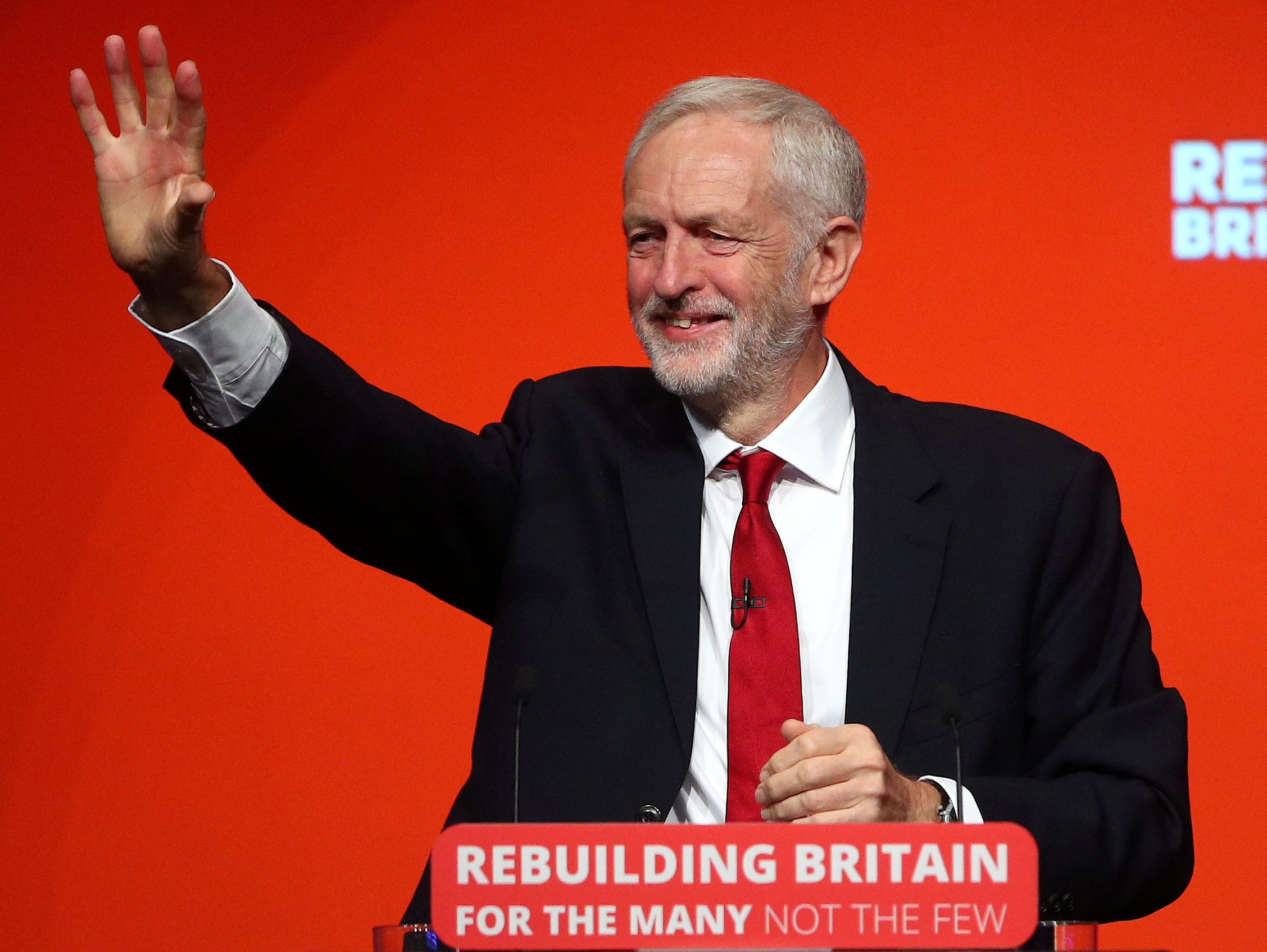Press reports of the Tory party fundraiser (for which guests paid up to £15,000 a seat) initially sparked a heated debate over the nature and transparency of the donations received by political parties.
As part of the fundraising event, the Tories auctioned off priceless ornaments such as the Statue of Margaret Thatcher, as well as the opportunity to spend time with certain MPs and Cabinet Ministers.
The event seemingly encouraged a select group of the wealthier party donors to part with large amounts of capital for the chance to win some of the prizes being auctioned.
The opportunities offered to donors included: the chance to bid for a cup of tea and a chat with Boris Johnson, a shopping trip with Home Secretary Theresa May, as well as an optimistically named ‘10k Iron Man Endeavour’, or a run as we know it, with Iain Duncan Smith.
Ken Clarke, former Chancellor of the Exchequer, urged yesterday for the need of the Conservative party to break ties with millionaires who are currently major donors to the party.
He suggested that it was now time for party leaders “to put on their tin hats” and brave temporary public anger to extend state funding for party politics in the midst of an expensive campaign period.
As a current Tory back-bencher, Clarke is supporting the reform of party funding to include a more meritocratic and representative system of state funding for party politics.
His group recommended a £50,000 cap on donations from other sources, which they say can be lowered over time.
It is evident that the attitudes of party representatives towards the issue of party funding are likely to differ, partially due to Labour’s newfound chance to capitalise on the Tory donor tax avoidance scandal to enhance their own election campaign efforts.
Labour’s election campaign vice-chair, Lucy Powell recently stated that “under David Cameron, the Tories have become the political wing of the hedge-fund industry.” Labour is estimating that by the end of this current government, the Tory party would have been gifted over £30 m in hedge-funds by large corporations.
In a speech at a recent Welsh Labour Party conference in Swansea, Ed Miliband capitalised on the pitfalls of the Conservatives.
“The government has turned a blind eye to tax avoidance because it thinks that, so long as a few at the top do well, the country succeeds. It thinks wealth and power fence people off from responsibility.”
Clearly aiming to make an impact with the speech, Miliband urged that he would not rest on the issue of party funding, as he showed concern for the lack of consequences incurred by the donors caught evading or trying to dodge tax. “I am not backing down on this,” he continued.
Upon discovery of the HSBC related donors suspected or found to be conspiring to evade tax, the issue to be found with questionable donations coming from millionaires isn’t solely a Tory problem. It has recently been revealed that multi-millionaire labour donor, Dale Vince has been found to have been engaged in a £3.2 m case of tax avoidance with his energy company ‘Ecotricity’.
Each of the foremost parties seemingly has a history with large donors who have been accused or found to be either avoiding or evading tax on a large scale. In the run up to the general election in 2005, the Liberal Democrats received a gift of £2.4 m (their largest donation to date) from a company that was being controlled at the time by fraudster, Michael Brown.
This cross-party issue of funding therefore expresses the potential problems formed when the major parties within a democracy are funded directly by the super-rich, especially when the donors in question are found to be dodging large amounts of corporate tax.
The aftermath of the finger pointing between the Tories and Labour has left a bitter taste in the mouths of certain organisations. The Electoral Reform Society has called upon the next government, once formed, to end the “litany of suspect deals and shady practises” in the current system of funding and donations.
The ERF also produced a report with results from a public survey, showing that around 50% of participants involved agreed with the option on the survey which inferred that the current practices between political parties and large donors are “corrupt”.
Although this method of funding seems flawed, it is not directly or legally speaking, corrupt at present. This is not to say that its flaws make it incorruptible. In light of the HSBC scandal, as well as the concurrent revelations about other party donor’s banking and tax habits it seems that suggestions to increase state funding and further regulate the influential gifts from large donors are a sensible solution.
It is not exactly the Watergate scandal. Although when concerning the matter of multi-million dollars worth of party funding, including the involvement and influence of large and sometimes dubious corporations, it is understandable why many eyebrows are being raised.
Josh Walton




